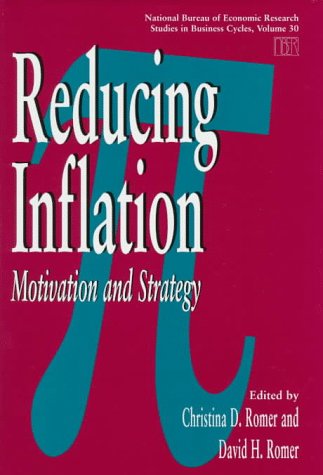(NBER) National Bureau of Economic Research Business Cycles (CHUP)
1 total work
While there is ample evidence that high inflation is harmful, little is known about how best to reduce it. In this volume, the contributors discuss the consequences of inflation, consider the obstacles facing central bankers in achieving low inflation, and examine how institutions can promote it. The first section of the book discusses the consequences of inflation, analyzing the impact of inflation on the tax system, labour market flexibility, equilibrium unemployment, and the public's sense of well-being. In the second part, the obstacles facing central bankers in achieving low inflation is considered. The text studies the precision of estimates of equilibrium unemployment, the sources of the high inflation of the 1970s, and the use of non-traditional indicators in policy formation. The third section of the book considers how institutions can be designed to promote successful monetary policy, and the importance of institutions to the performance of policy in the USA, Germany and other countries.
